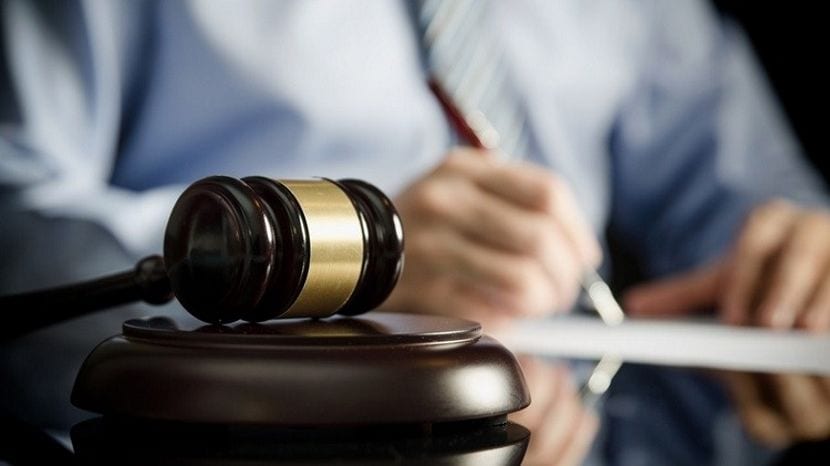
The human rights organization Software Freedom Conservancy (SFC) announced a new round of litigation with Vizio, accused of not complying with the requirements of the GPL license by distributing firmware for smart TVs based on the SmartCast platform. Representatives of the SFC achieved the return of the case from the US Federal Court.. to the District Court of California, which is of fundamental importance from the point of view of classifying the GPL not only as a copyright, but also as a contractual relationship.
Vizio previously had the case transferred to Federal Court, which is empowered to resolve issues related to copyright infringement.
The case in point is notable because for the first time in history it was not presented on behalf of a participant in the development that owns the rights of ownership of the code, but on behalf of a consumer who did not receive the codes of the components distributed under the GPL license.
By moving consideration from the GPL to copyright, Vizio bases its defense on trying to show that consumers are not the beneficiaries and have no right to make such claims. Those. Vizio is seeking dismissal of the case on the basis of the unlawfulness of filing a claim, not to mention the GPL violation charges.
The representatives of the SFC organization start from the fact that the GPL has contract elements and the consumer, to whom the license grants certain rights, is its participant and can demand the exercise of their rights to receive the derived product code.
The Federal Court's agreement to remand the case to District Court confirms the possibility of the contractual right to be applied to the infringement of the GPL (Copyright infringement cases are in Federal Court, contract infringement cases in District Court).
Judge Josephine Staton, who heard the case, refused to dismiss the lawsuit arguing that the plaintiff was not the beneficiary of the copyright infringement proceedings, since the fulfillment of the additional contractual obligation indicated in the GPL license is independent of the rights provided by copyright.
The ruling that returned the case to the district court noted that the GPL operates both as a license to use a copyrighted work and as a contractual agreement.
The lawsuit against Vizio was filed in 2021 after three years of trying to enforce the GPL license requirements amicably. GPL packages such as the Linux kernel, U-Boot, Bash, gawk, GNU tar, glibc, FFmpeg, Bluez, BusyBox, Coreutils, glib, dnsmasq, DirectFB, libgcrypt, and systemd have been identified in Vizio Smart TV firmware , but the company did not provide the possibility for the user to request the source texts of the GPL components of the firmware, and in the information materials it did not mention the use of software under copyleft licenses and the rights granted by these licenses.
The lawsuit does not include monetary compensation., the SFC organization is only asking the court to force Vizio to comply with the terms of the GPL in its products and to inform consumers about the rights granted by copyleft licenses.
A manufacturer that uses copyleft-licensed code in its products must provide the source code, including code for derivative works and installation instructions, to preserve the freedom of the software.
Without such actions, the user loses control over the software, cannot independently fix bugs, add new features and remove unnecessary features. Changes may be required to protect your privacy, fix problems the manufacturer refuses to fix on its own, and extend the life of a device after official support has ended or it has become artificially obsolete to incentivize the purchase of a device. new model.
Finally if you are interested in knowing more about it, you can check the details In the following link.